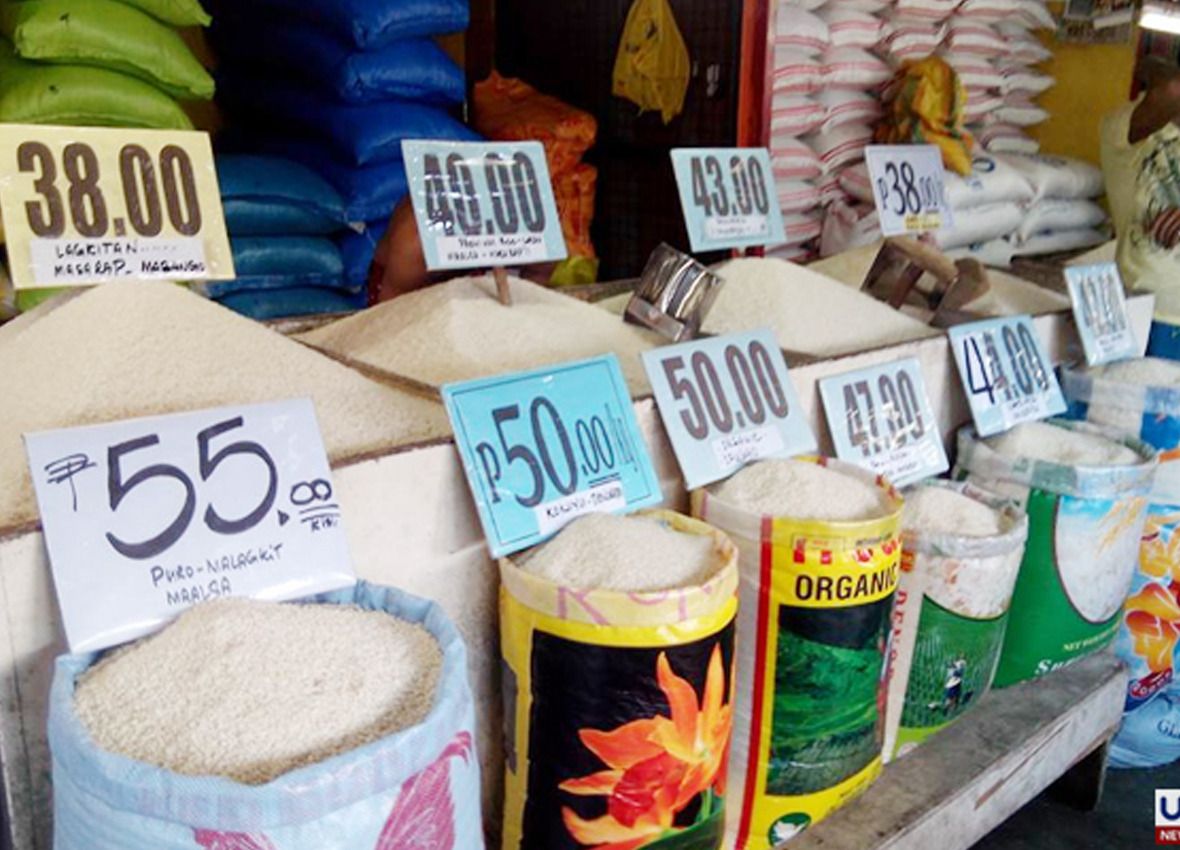With an expected bountiful harvest by October and more than sufficient stocks in farm households and warehouses that would be complemented by imports that would be arriving during the height of El Niño by the third quarter, rice stakeholders (farmers groups, millers and wholesalers/retailers) will roll out starting today, Monday, July 10, rice in poor barangays all over the Philippines at P38 a kilo.
This will help the poor communities purchase the staple at more affordable rates, considering that current prevailing market prices for good grains are now at P40 and up per kilo.
In a press conference held Friday night, the Philippine Rice Industry Stakeholders Movement (PRISM) said their move — not requested by any government official — is borne out of their desire to help the poor families cope with inflation after the COVID-19 pandemic.
PRISM convener Rowena Sadicon said this move is more out of a social responsibility of the different rice stakeholders towards the consumers since farmers are now happy with the good palay buying prices. “We must also attend to the needs of our consumers.”
To ensure that many can benefit from the P38 per kilo rice, a quota of 5 kilos per buyer per day is being set and the rice would be sold in the Kadiwa stores of the Department of Agriculture and in other local government units that can handle such tedious marketing activity — that naturally expects long queues from consumers.
She said the P38 per kilo rice program would be sustained until the next harvest in October, which DA officials are projecting to be a good one. The program would be done throughout the country.
In a press statement distributed during the presscon, the group said “PRISM has committed to making rice available to the market at an affordable price of P38 per kilo through the government's Kadiwa program and other selling channels chosen by our participating Stakeholders.”
Dubbed "Tulong sa Bayan, Bigas para sa Mamamayan" program, the selling of P38 per kilo of rice on July 10 will be cascaded to all poor barangays to ensure that those with less would benefit from it.
”The primary issue the country faces is not the quantity or stocks of rice but the availability of affordable rice for the general public,” said Sadicon.
“We are confident that our collective efforts, in cooperation with the government, will contribute to alleviating the burden of raising prices and fostering economic recovery,” she added.
#Bigas
#Kadiwa
#DA
#OpinYon

